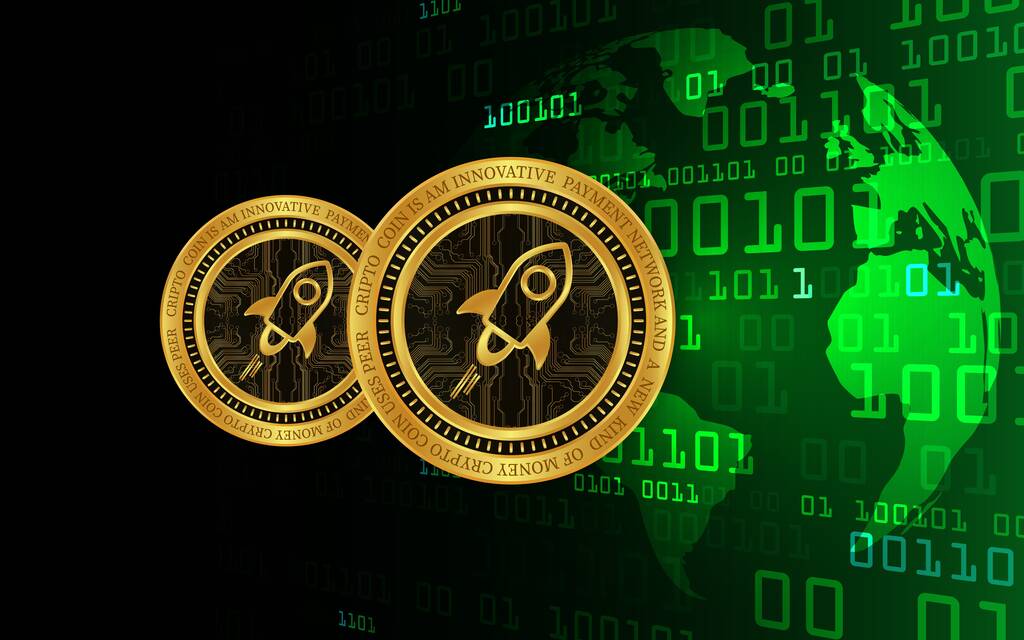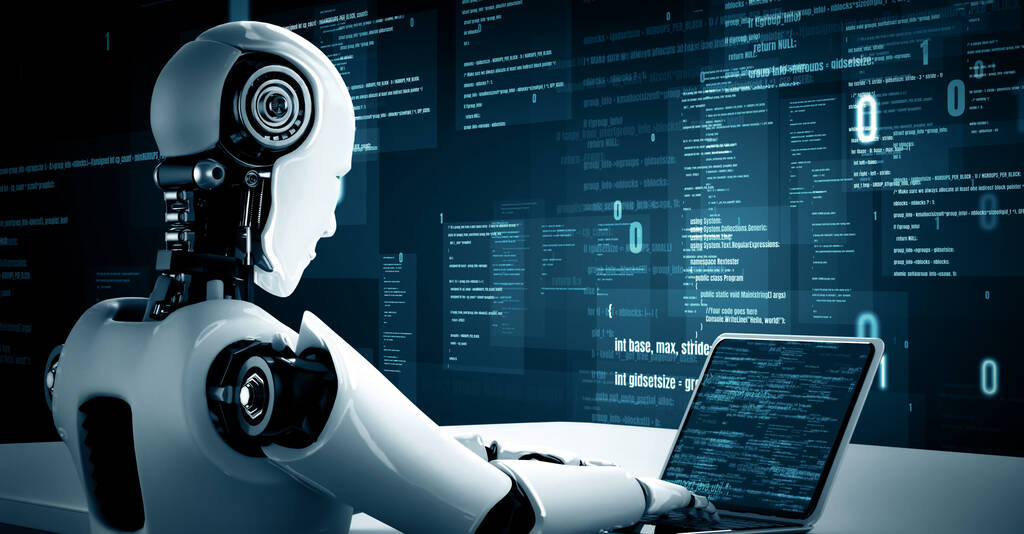Agents AI Crypto: The Future of Autonomous Intelligence in Web3

As the tectonic domains of artificial intelligence and blockchain technology forge the nexus of innovation, a powerful confluence is taking shape—one that is set to alter industries, transform the nature of work, and open up entirely new forms of economic coordination. At the confluence lies the idea of AI-powered autonomous agents deployed on decentralized networks. Agents AI Crypto, as they are called in a broad sense, are establishing themselves as a major disruptive force in the Web3 ecosystem.
By infusing autonomous agent action with blockchain’s trustless ability to provide a permissionless infrastructure, the agents therefore operate fully autonomously: they may contract on their own, execute smart contracts, interface with various dApps, and the like, all in optimization of varying ecosystems, without human intervention.
Huge implications are awaiting operationalization in fields like DeFi, logistics, governance, and everyday interaction between digital entities.
What Are AI Agents in Theory?
In computing, an “agent” is an autonomous software entity that encloses and observes its environment, processes data, makes decisions, and acts to attain its goals. It may either be reactive or actively undertake its own decisions, based on internal motives; it may also be adaptive or collaborative.
AI here refers to distrust-level techniques that allow computer-based agents to enhance their interactions.
Against this, such an agent is a program capable of learning from interaction and improving through experience.
An example would be an AI trade agent monitoring market conditions and altering trade strategies without human guidance.
Another example is an AI-governed agent that initiates governance proposals and votes on the basis of predetermined logic and sentiment analysis.
Once these AI agents are set up on blockchain networks, they will enter into the realms of transparency and impenetrability, with decentralized access to data and financial systems—a new evolution in the concept of trustless machine-to-machine communication.
The Role of Blockchain in AI Agent Deployment
Blockchain adds several layers of value to the deployment of AI agents:
- Autonomy and Trustlessness: Blockchain enables agents to act independently without needing centralized intermediaries. Their actions are governed by smart contracts and verifiable data.
- Decentralized Identity: Agents can be assigned unique cryptographic identities, allowing them to sign transactions, hold assets, and interact with dApps on-chain.
- Tokenized Incentives: Agents can earn tokens for performing tasks, optimizing performance, or contributing data, making them economically self-sustaining.
- Transparent Behavior: The logic and behavior of agents can be audited via smart contracts, reducing concerns about black-box AI decision-making.
- Global Interoperability: Agents deployed on-chain can interact across networks, protocols, and platforms, enabling seamless automation of multi-chain ecosystems.
These coalesced capabilities gave rise to decentralized intelligent agents that form autonomous agents able to earn, govern, and evolve in digital economies.
Application of AI Agents in Crypto
Use cases for agents AI crypto touch almost every domain of blockchain. Here are the most promising ones:
1. DeFi Trading and Market Making
AI agents are increasingly being used in decentralized finance to execute trades, provide liquidity, and manage risk. These agents analyze price feeds to find arbitrage opportunities and perform yield farming optimizations in real time, around the clock, without the need for human agents.
2. DAO Governance and Voting
These decentralized autonomous organizations (DAOs) are lands of voter apathy and information overload. AI agents could serve as proxy voters for individuals according to a variety of inputs, from user-defined values to historical data to sentiment analysis of governance proposals.
3. Autonomous Customer Support
On-chain agents could serve as customer support representatives for DeFi protocols, NFT platforms, or gaming dApps. These agents can answer questions about frequently asked queries, troubleshoot problems, and escalate more complex issues to human moderators.
4. Supply Chain Optimization
Agents connected to IoT devices can monitor goods, verify authenticity, and autonomously execute payments as goods traverse decentralized supply chains.
5. Decentralized Content Curation
Within Web3 social platforms, AI agents can help curate content feeds by either flagging harmful content or recommending quality content based on a user’s preferences and on-chain behavior.
All of these demonstrate that agents are not just some far-fetched idea; they have begun to transform the way in which users, protocols, and applications communicate with one another on the blockchain.
Emerging Projects in the Agents AI Crypto Space

Several cutting-edge projects are building the foundation for AI agents in the blockchain world. These include:
- Fetch.ai: A platform that enables autonomous economic agents to perform tasks such as data delivery, resource optimization, and smart mobility services.
- Autonolas: More for multi-agent systems for coordination and decision-making, Autonolas combines off-chain intelligence with on-chain execution.
- Numerai: The hedge fund makes use of AI and data science to come up with predictive models, incentivizing token holders to build agents.
- Ocean Protocol: Primarily concerned with data sharing, Ocean allows setting up AI agents using tokenized data for training and decision-making.
- Aethir: Decentralized computing infrastructure for powering AI workloads via distributed GPU access to enable agents to train and act without being tied down by a central infrastructure.
These platforms initiate the decentralized AI ecosystem while intelligent agents act as active members of Web3 economies.
Advantages and Disadvantages of Agents in Crypto
Advantages:
- Efficiency: Artificial agents can carry out repetitive or data-intensive tasks faster than human workers.
- 24/7 Operation: Unlike human agents, these agents won’t stop working in one time zone or another.
- Scalability: Agent-containing systems can scale horizontally with new agents joining as needed.
- Composability: Agents can be implemented as modular components that interoperate with other smart contracts or services.
Disadvantages:
- Security: To prevent exploitation, AI agents need particularly careful design when they carry assets or sensitive data.
- Bias and Fairness: As with any other AI system, an agent can hold bias arising from its training data.
- Over-Automation: For key decisions on governance and finance, over-dependence on agents can result in adverse consequences in the future.
- Regulation: Autonomous agents, especially those that hold or transfer assets, still have an unclear legal status in many jurisdictions.
The balance of weighing these risks with the immense benefits that can come from agent automation must be the principal focus as the technology becomes more mature.
Road Ahead
The future of agents AI crypto appears bright. As AI and blockchain technologies continue their development, it becomes increasingly not just possible but inevitable for them to merge. One can imagine a decentralized marketplace wherein agents act on behalf of persons, businesses, or protocols—trading data, providing services, and collaborating toward shared objectives.
Those intelligent agents will be capable of enabling consigned DAOs, asset incubations, contract negotiations, and reproduction of their own governance schemes. Fully autonomous dApps serving with the slightest human input might be another form of deployment, increasing the availability of financial tools, services, and knowledge.
That, more importantly, signals a transformation in the way trust and intelligence are understood within digital realms—from human-centric systems to collaborative ecosystems of humans and machines.
Final Thoughts
The emergence of agents AI crypto represents one of the most exciting technological frontiers in Web3. The blending of AI and blockchain marks a new era of smart automation with programmable capabilities.
AI agents will surely become indispensable players in the decentralized world, whether in finance, governance, or the day-to-day digital economy. Early Turk-like understanding, building, and investment in this sphere will, along with AI and blockchain, be at the forefront of the next innovation wave.
